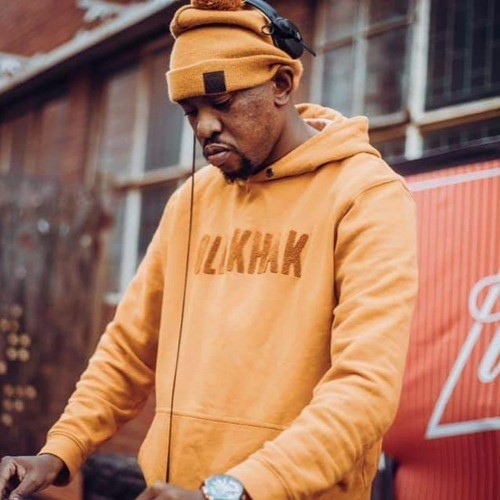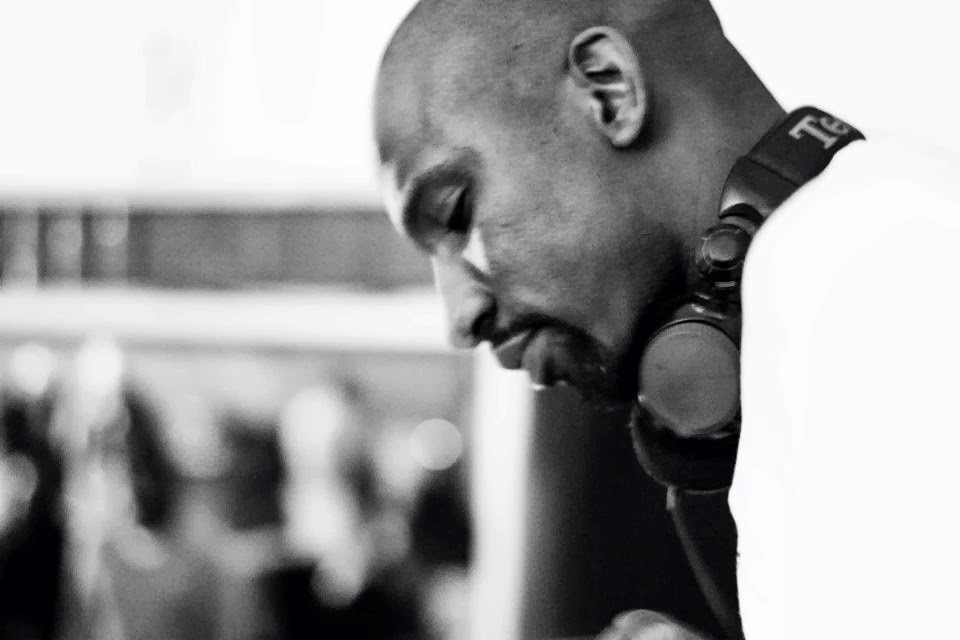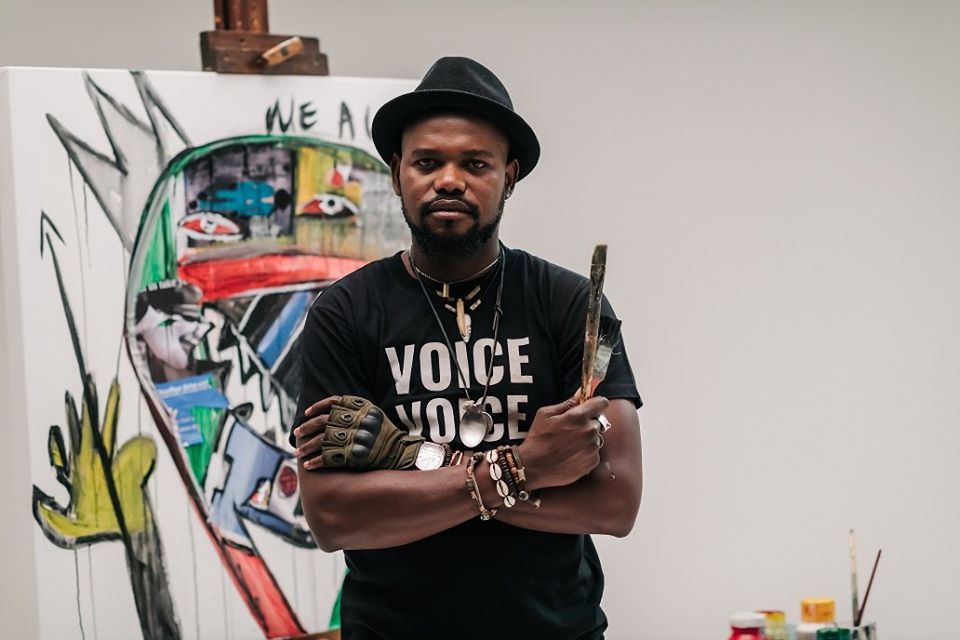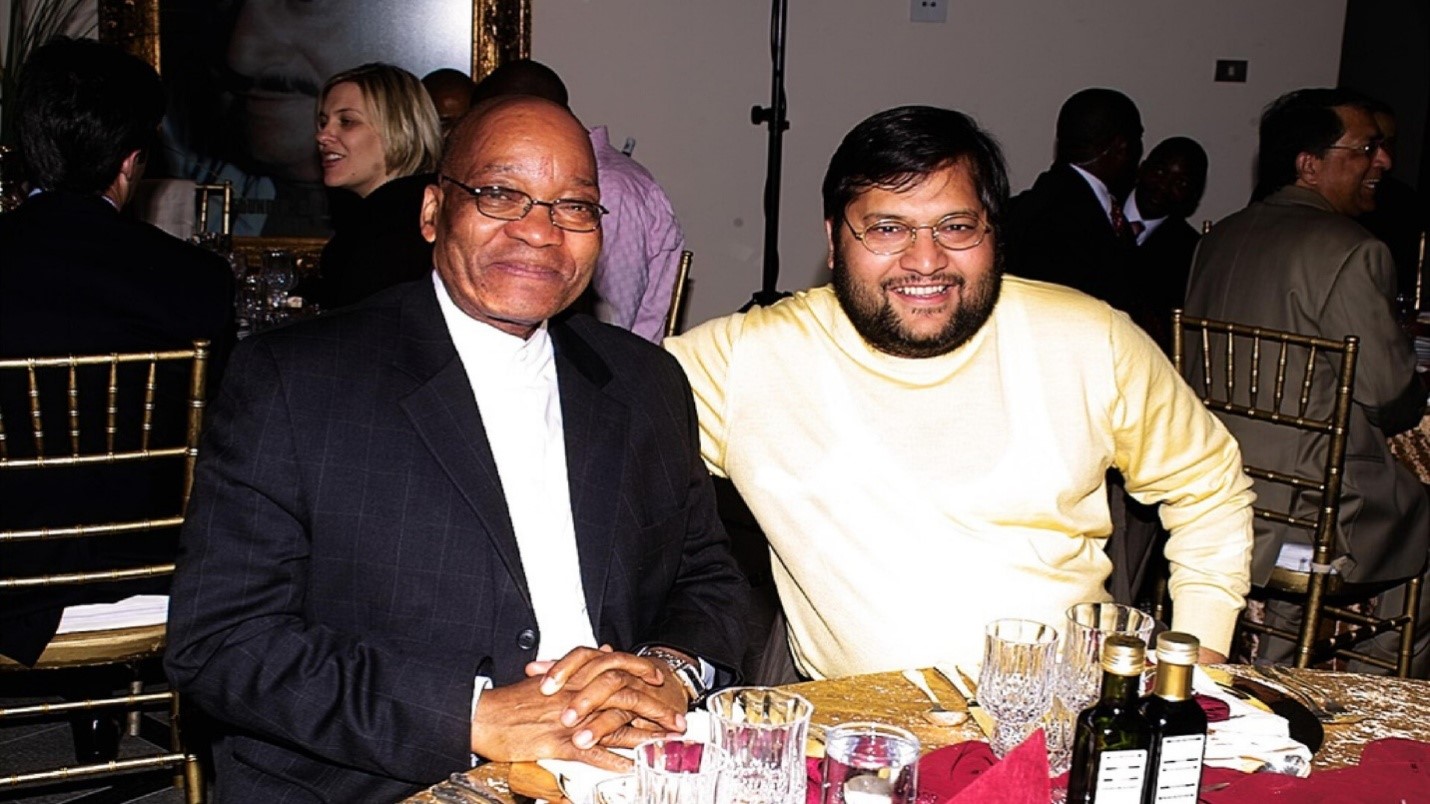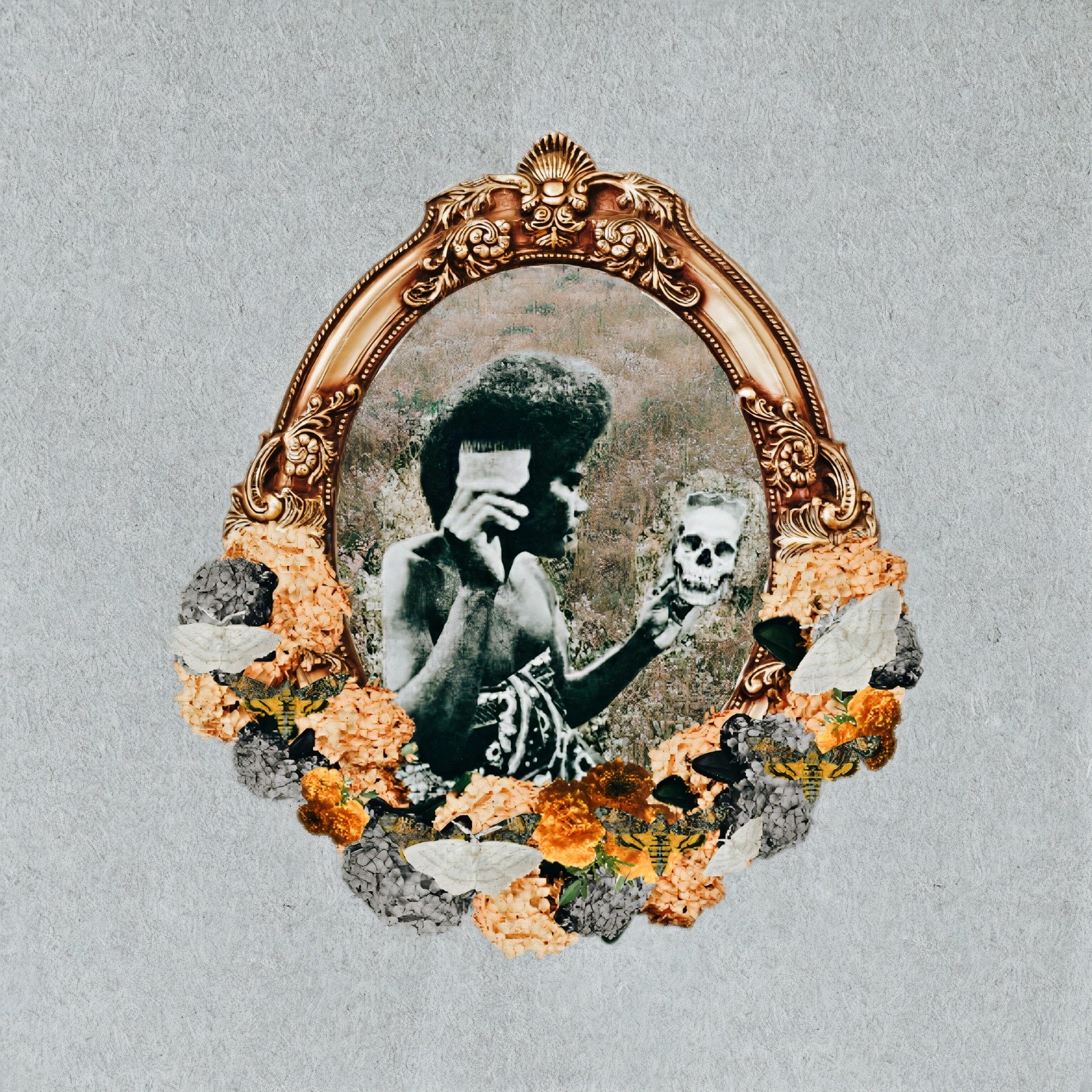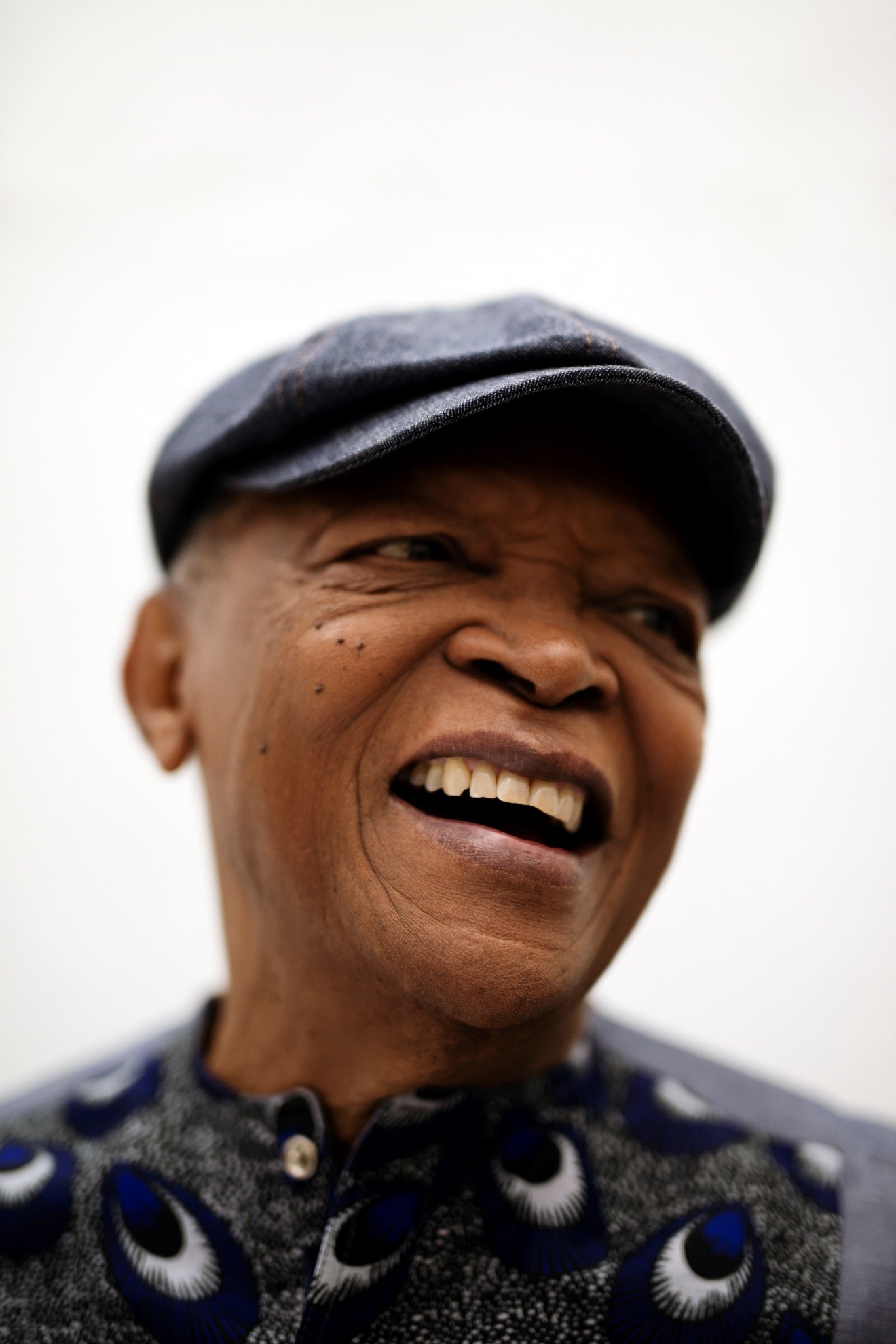The birth name of most DJs lies behind the alias code and tag — or, as it is popularly called, their stage name, which for many is a matter of branding. This alias is some sort of distinctive mark which can also be a mask. DJs give themselves these aliases and it is not even a strange thing for devoted fans not to know the DJ’s real name. This can apply to fellow DJs, who don’t know each other’s real names. The alias, in these spaces, is the in thing.
It is obvious that DJs use aliases in order to set themselves apart from their peers. They want to be known for what they do and that is their aesthetic signature — say, the way in which they mark themselves out as unique. The alias should always strive to be catchy. Even so, there is usually a logic that explains the names they go by. These aliases also bear the mark of being a conceptual thing, whose invention is not trapped by conventions of formally correct spelling the name right — the homophone is what matters. What matters is how it is pronounced and how cool it sounds. The alias therefore serves as an identity and its assertion. They become that DJs authoritative stamp. Clearly, given the creative licence that attends these monikers, there are a whole lot of names out there to conceptualize and adopt with ease.
Thabo Phalatse ducks the fashion and does something contrary to the above-mentioned. One could say that he wears his heart on his sleeve. His name says it all. Thabo Phalatse, his birth name, is his stage name and that, as a DJ, is something unusual. He has no alias which needs to be deciphered because there is no inscriptive code to unlock. There is no “a.k.a phenomenon” … It is just that — Thabo Phalatse. No alias. He affirms, “My name is what it is.” Lock, stock and barrel, name and surname. There is no camouflage at play or hip appeal to the listener’s sense of norms in the DJing scene, no DJ Thiza or DJ T-Man or DJ Thiboor Thabo De DJ…No, even the surname is not twisted for effect; to something like DJ Phal or DJ Phalat or Latse the DJ… The name is in full. It is as it is, as he said already. And so it sticks, sinks in.
“Who can be me except me?” This is a rhetorical question Thabo poses. He expects no answer to this question for it is, in itself, an assertive statement. Not that Thabo has anything against aliases, oh no. He loves them, and has even given many to other DJs he is close with. It is interesting that his name has been no obstacle to his acceptance as something of a virtuoso. Indeed, his name inscribes his artistic boldness. It is in his name that he will be called, and answer to. Yes, in full and as it is — Thabo Phalatse.
By coming to do what he does in his own name, there is no alternative to authenticity in the doing. But then, though there is everything that is of the alterative when it comes to his music, Thabo plays what he loves. He is playing what comes from his heart. He gives it as it is, raw love. The deepest expression of the music that Thabo plays in his sets is the ethos of love.
Touching on everything that needs to be touched, unrestricted by expectation. For Thabo, the love of music means playing the music that must be shared, not bound by genre. Instead, it is the feeling that guides and says it all. This is the culture and mindset that is kept going in what is loosely referred to as ‘alternative’ music. Thabo is known to be that DJ who is the insider-outsider. His influences are sourced from far and wide. The unflagging passion of dishing out love in the name of music, the only alternative for someone like Thabo who turns the DJ booth into an altar of many devotional tongues, a site where time and space are altered.
Paying attention to the alternative journey, a different mapping for the ear is created. The ear must listen to something else, and it is, as a result, placed elsewhere. The one less travelled is the route — an alternative one. Things are always on the move. It is in having come to embrace the fact that he must do something different — choosing the avant-garde path. There was, he says, no way that he could avoid playing alternative music. “I gave myself an opportunity to listen and understand,” He explains. It is here that having a diverse palate comes into play. It is in choosing this off-the-beaten track that he listens to and understands different genres. It is in this choice that his ear becomes a laboratory.
In order to mix tracks with different tempos, having a deep knowledge of tracks in terms of their structure in and out (beyond beat-counting and matching) is requisite. This means contextualizing music, and thus refining and redefining it as a site of experience. “I challenge myself every time I play alternative music, and my sets are slow and driven by melody,” says Thabo. Drawing inspiration from many DJs with different approaches, he pushes himself to try the untested. The ear, as an instrument, is subjected to a sophisticated tutelage so that its taste becomes expansive. This comes with meeting the demands that come with patient, explorative and deep listening. The ear must suspend its zones of familiarity and dwell in the unfamiliar, in order to embrace distinct sounds blending into a seamless aural experience.
If this were to be understood at the level of the literary, it could be said that Thabo’s sets present an intertextual reading of different narratives and their contexts. This is where the confines are fudged; the frames rendered amoebic. The early musical influences that made a mark on Thabo’s life begin with Bob Marley, who he got exposed to from his parent’s music collection. “There is nothing better than music in my world,” Thabo contends, recalling Marley’s iconic injunction to hit people with music — yes, “hit Me with music.” And yet, in this hitting, there is no pain felt. In fact, for Thabo, music is therapeutic. People are hit with something that heals. It is a different kind of hitting, this, in Thabo’s universe. If it hurts, it is a healing hurt.
Thabo’s mother, Jane Phalatse, was a soul music collector and his father, Chris Phalatse, a jazz collector. Growing up, the church has also been a musical home for Thabo. He cut his teeth as a choir member at the Lutheran Church, Hebron, North-West Province. There, he sang tenor and became a member of the church’s brass band, playing the trumpet “just for fun.”
He then began sneaking out of home and sneaking in at nightclubs while underage through the back door and observing the goings-on from behind the DJ booth. One encounter Thabo recalls as worth highlighting is when he saw Positive K (real name Khalabi Madisha) doing his thing at Dreamers Club in Pretoria. It was after this entrancing experience that he vowed to be a DJ.
The dream of becoming a DJ would become a reality in 1999, and since then it can be said that he is living his dream. Having played at various festivals nationally and internationally, Thabo Phalatse has become known for the passionate intensity of his groove. Coming full circle, he has shared the decks with his childhood idol and inspiration, the renowned Positive K. It is heartwarming to see the relationship of many years between Thabo and Positive K maturing into a high voltage collaboration of equals.
Thabo says that he aims for the telling of an unrestricted narrative through his sets and for that reason, he freely moves between sonic regimes and regions, changing and switching up genres at will. Careful curating lies at the core of what Thabo does. His sets tell a story by way of a visual narrative. He emphatically states, “I am more of a curator than a DJ.” But I want to go further and argue, as a listener, that what he does encroaches upon the realms of art. Yeah, Thabo is a sketcher of note. His pen marks clear lines. Or, if you like, an etcher, as he dwells on making sound what should be imprinted in the soul. Those who are listening to the set should have something to carry, to remember, to go home with. When playing a neo-soul set, there is a beautiful thing that he does — putting the mixing aside, there is a linguistic curation. Thabo will play a vocal Spanish neo-soul track which will be followed by an English one, and then there will be a French one, a Portuguese one all the while sampling different tastes of neo-soul. Sometimes he does this deliberately and he says… “I play with languages.” This is not the work of translation, but that of transliteration. With regards to the latter, he creates a sonic language by making alphabets that are switched through the medium of the sound.
By dissecting the sub-genres of neo-soul, he dishes to the ear its different rhythms and tempos. Liberating what is caught by the spell of what is smooth, soothing — yeah, the idea of cool, there is unpredictability in not knowing what the ride will be. With the radical practice of this curation, there is the rebirth of souls in motion.
Thabo is, of course, not reducible to neo-soul. Deep house is one of the multiple genres he blends seamlessly into his sets. As for his preference for dishing out the opening set, which many might simply understand as not being a peak-time placement — a slot, say, far removed from being the main act — it is at these opening sets that souls are put in a workshop of this magician’s tender wizardry. They are soothed. They are fed soul food. Yes, he who sets the scene, who initiates the tempo, if you will, is important for every act which follows. Thabo’s eclectic, varied opening sets makes it possible for the transition that is all subsequent, incoming DJs to happen — to be as smooth as possible.
Again, to go back to curation, Thabo states that his visual arts background is something that can never be severed from his approach to his sets. The visual imagination is transposed into a set. Here is Thabo: “My set is a clean sheet of paper. At the end there must be an artistic narrative.” This curator states that his sets are meant to be works of art, that is the aim. Thabo understands that there is a lot of music out there, and every second a track is being released. There is therefore no possibility that the DJing space can be said to be saturated. There is, he believes, room for everyone and doors should be opened up in the music industry — making the circle bigger. There can be no saturation nor stifling of the imagination. There cannot be any mainstream hype invested in singularity. There are many tastes in music and there is a cake big enough for all of us. As Thabo says: “Everyone can get a piece of it.”
Certainly, there is a lot that the world can yet learn from the South African music industry. The industry needs to stretch its ears in order to fully receive the sheer diversity on offer. The tight noose of mainstream commercialization and its banality of relevance — what is a “hit” and what is not — needs to run parallel with those who are there to tell the inclusive narratives of the music they live. There is a lot out there. Therefore, there is no use in hammering everything flat with the idea of making the monotony and monotone of the “hit” the order of the day. Thabo is clear about what he stands for — he is the underdog of the underground…. Doing what is different is making a difference.
By doing what is different, Thabo installs an exhibition and thus puts it into motion. The groove. The move. Obviously, the set is what is in motion. One track starts as another one ends. The exhibition is of what is always in the making, and its seamlessness is the curatorial practice of daring to be different. The dissolving of conventions and pointing to different directions all at once. What is revealed is, in addition to the mystical, alternative music as that which is in the realm of the surreal. Layers and layers of sound are peeled off and added on and there is, in this way, the giving of face to what is hidden.
Thabo likes to dwell outside the mainstream, and the realm he inhabits is what has to do with the idea of the outside. The underground scene is where his community is. While there, Thabo declares: “I get lost. I am free.” It is in this freedom that Thabo is engaged in the artistic practice of what also sets him free. This freedom is signified even in the sources of the music, whose production and representation are with independent record labels.
Here is a palate of many tastes. Mixing different genres in one set. Mixing that which was (seemingly) not designed to be mixed. But, still, how so? It is key to therefore offer a brief demonstration; to say this is how Thabo does it. The set is broken down. The beat goes with the heart. So, it is in the heartbeat that Thabo resides. His beats are released with something like a stream of consciousness. So, the set, having been broken down, is what allows music to flow. Truly, this is where it all goes down. Say, deep. This is the sedimentation of sentiments. To claim that something is deep, Thabo here changes the signature of things. What is signed gets counter-signed. But, still, what is this breaking down of the set? It is not mixing one track to the next and moving from one tempo to another or heightening the beat. Rather, Thabo is telling something different, and it has to do with the set being transformative. Basically, it is simultaneously feeling the set and becoming free from it.
Thabo likes to drill through what may ordinarily present as iron enclosures. This is what the curator does. The curator must have the wit and daring imagination to do what is unthinkable. This is bringing to being what is not there. That is to say, in exact terms, conjuring (up). The underlying mysticism that informs the spirit of the sets emerges. With the aim of making a connection with those who have their hearts and ears plugged into this vibration, there is something that happens even if it were said that there are those who are not paying attention to what comes from the DJ booth. In fact, the atmospheric effect of the sets comes from the deliberate effort that Thabo carefully curates in order to deliver an immersive experience. Perhaps there is something that has to do with taste, and which can be attributed to being deep in spirit.
The cliché of ‘superior’ and ‘inferior’ music genres is not what is propagated. Rather, the music of the collective experience, what comes because of constant experimentation, explains how deep things can go in beginning to map ways of thinking alternatively. This is everything that has to do with the avant-garde spirit. This persona is not only a perfect fit for Thabo, but a natural one — the thing-in-itself that made him one who was part of a collective called The Avant-Garde Toupé and which, now, by way of deepening the experimental modes of being and becoming, is called Connecting the Dots. Being involved in many movements, and Obrigado cannot be forgotten, it is worth stating that recently he is joined at the hip with John De Baptist (real name, John Mokolobetsi Ditshwene), and they do beautiful sets under the auspices of Thursday Sundowner and Sunday Sunset.
The analogue sound is there, and it is preserved with love and care. In fact, to engage in the study of the vinyl is to deal with what is fragile and also absolute. However, though, the art and act of collecting vinyls is not, for Thabo, the impulse of amassing. Rather, it is a process of careful selection which, in the homage of sampling, is a mobilizing of all the senses. It is right there that he searches for the connection. Even if some tracks will not get him right at that moment, but it is after an intense and deliberate effort that he will pick up what is worthy for his collection. What is collected will then be subjected to the process of studying. There will be practice thereafter. It can be said that the vinyl is a text. Therefore, it demands all this effort. What is to be understood is that it invites the modes of its deciphering — not just at the level of being played and knowing the songs inside-out.
Still, again, what is to be said at the end of the day? Who is Thabo Phalatse and what makes him say I am here? He is the one who says, “I love music and without music I am nothing.” His whole universe is music, and it is all that defines and refines his existence. He is in tune with the music that he loves to curate and exhibit. He is here in the underground and also on the surface. This is his place, his dwelling, his sojourn as he moves and moves farther and deeper. His palate is all things alternative.


